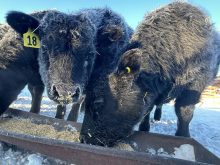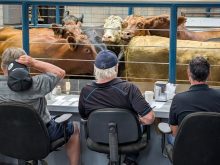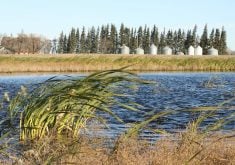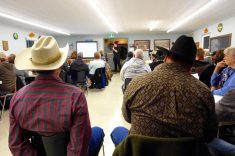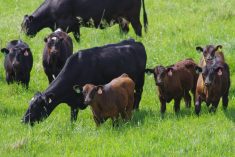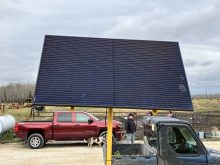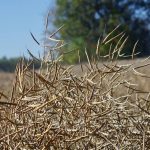Brazilian beef company JBS SA is headed to becoming the No. 2 U. S. beef producer, but there still should be enough competition from other beef companies to limit its ability to set cattle or beef prices.
The U. S. Justice Department said Oct. 17 it will allow JBS to buy the beef operations of Smithfield Foods Inc. for $565 million, which, based on industry estimates, would make JBS the No. 2 U. S. beef producer.
But the Justice Department blocked JBS’s attempted $560 million purchase of No. 4 U. S. beef producer National Beef Packing Co., saying that deal would give JBS too much control and lead to lower cattle prices for producers and higher beef prices for consumers.
Read Also
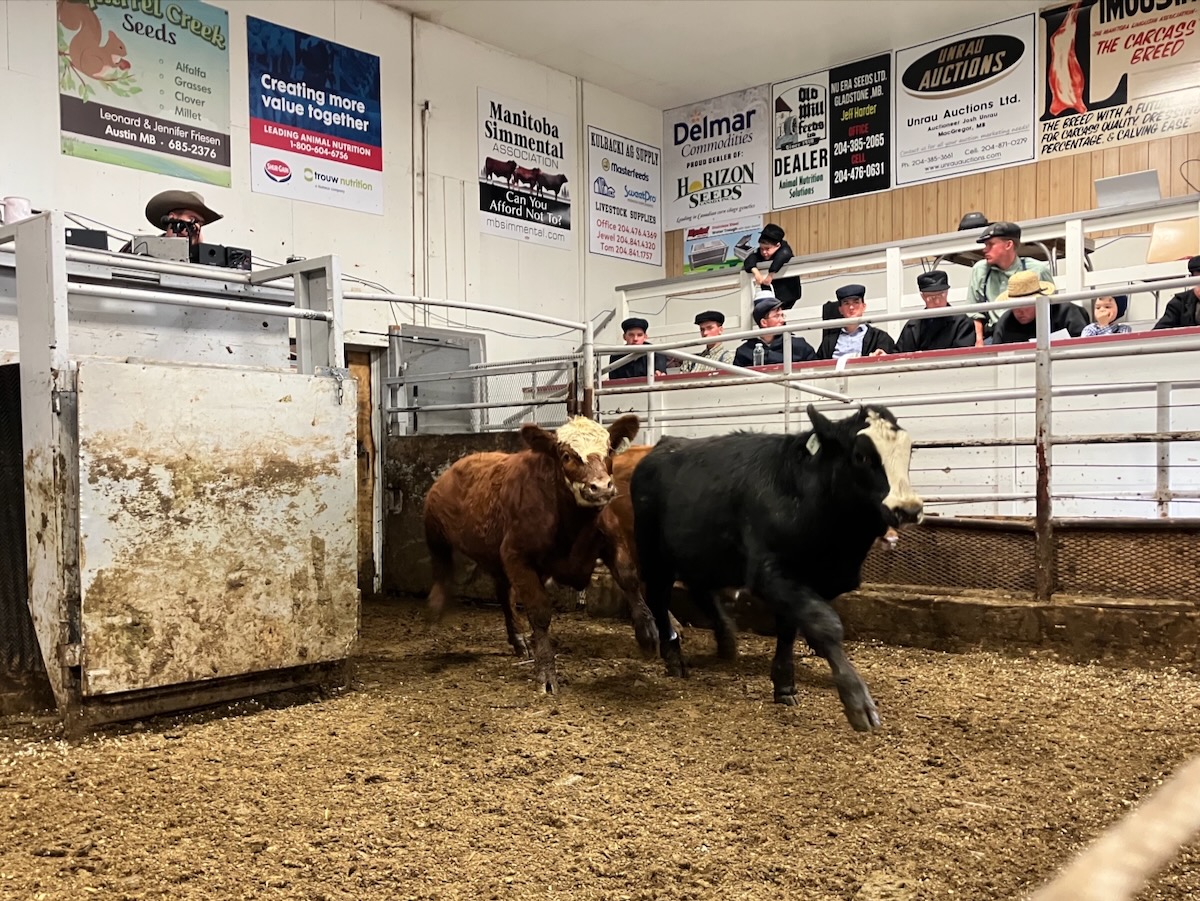
Manitoba cattle prices, Feb. 11
Your overview of cattle prices from Manitoba’s livestock auction markets for the period of Feb. 2-10, 2026.
Economists said the JBS acquisition of Smithfield’s beef operations should not greatly change the beef industry landscape. Rivalry with Tyson Foods Inc., Cargill Inc., and National Beef should keep the market competitive for cattle.
“The deal as it stands now, without National, I don’t think gives them enough clout,” said Jim Robb, economist with the Livestock Marketing Information Center.
But that would not have been the case if JBS bought National. That deal would have combined National’s beef plants in Liberal and Dodge City, Kansas, with JBS’s Cactus, Texas, plant.
“You would lose a buyer out of that area if they had merged,” said Clement Ward, agricultural economist at Oklahoma State University.
The Smithfield and JBS beef plants are far enough apart that analysts doubt JBS will have enough clout in one particular area to control cattle prices or beef prices.
“They are really different markets,” said Derrell Peel, agricultural economist also at Oklahoma State.
Smithfield’s beef plants in Arizona, Michigan, Pennsylvania and Wisconsin slaughter a large number of cows for ground beef. JBS, with plants in Colorado, Nebraska, and Texas, largely processes grain-fattened steers and heifers into steaks, roasts and filets.
Adding those beef plants will give JBS roughly a 23 per cent share of the U. S. fed cattle slaughter behind Tyson’s 26 per cent, said John Nalivka, president of the agriculture research firm Sterling Marketing.
Not done yet
JBS and National have said they will fight to get the Justice Department to approve the purchase, which would allow JBS to eclipse Tyson as the largest U. S. beef producer.
Shares of Smithfield Foods closed nearly 12 per cent higher on Monday in the wake of the deal. Smithfield has said the $565 million it will receive for the beef plants and feedlot operations will be used primarily for debt reduction.
Smithfield, the largest U. S. hog and pork producer, got into the beef business in 2001 when it bought Packerland Holdings and Moyer Packing Company. It also had expressed interest in buying the Swift & Co. beef plants before they were sold in 2007 to JBS.
In 2005, Smithfield became part owner of Five Rivers Ranch Cattle Feeding, the largest U. S. cattle-feeding operation. The feedlots, which have a combined one-time capacity of 800,000 cattle, also will go to JBS.
Exit strategy
Smithfield is getting out of the cattle-feeding business at the right time, according to Nalivka.
“There is too much feedlot capacity and a declining number of cattle to feed,” he said.
Producers lately have been losing $100 or more on every head of cattle they sell to beef plants.


